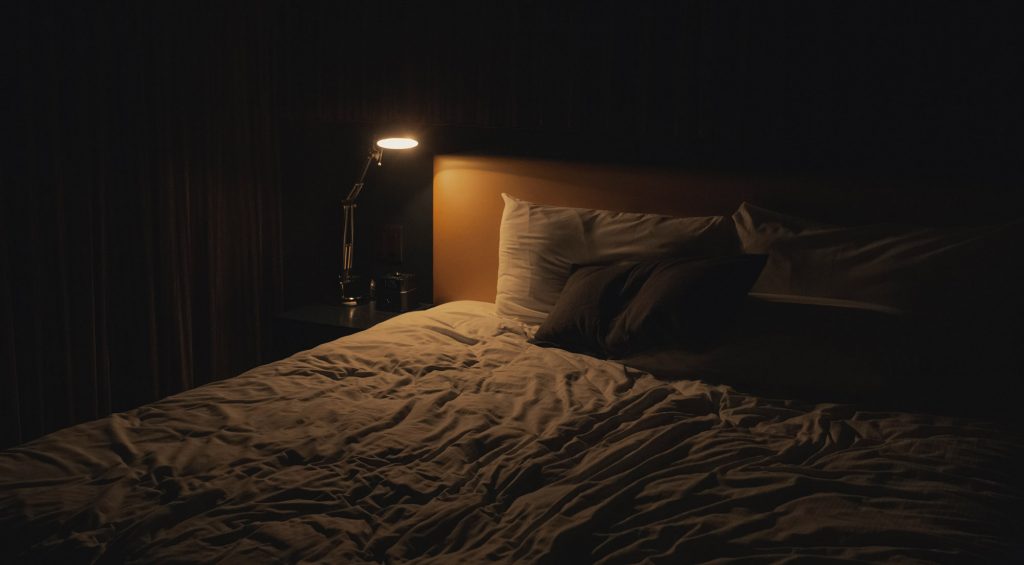Sleep plays a crucial role in our overall well-being, impacting our physical health, mental clarity and emotional balance. Unfortunately, 1 in 4 adults in Canada experience sleep troubles. Sleep disturbances are associated with increased risk of depression and cardiovascular disease.
Current available pharmacological treatments for sleep disorders (i.e., benzodiazepines, hypnotics, antidepressants, antipsychotics) have many unwanted adverse effects, including dizziness, cognitive impairment, daytime sedation, weight gain, and possible dependency. As a result, alternative therapies have gained attention, and medicinal cannabis has emerged as a potential solution for sleep-related issues.
First, it is important to understand that there are many co-occurring conditions associated with sleep disorders that should be assessed and treated before considering cannabis as a treatment option, such as:
Medical conditions including pain, sleep apnea, GERD, metabolic issues, Parkinson’s/Alzheimer’s, restless legs, and gender-specific such as menopause/prostate.
Mental illness including mood and anxiety disorders, substance use disorders, and stress.
Contributing medications/substances such as steroids, bronchodilators, decongestions, cardiovascular meds, opioids, and stimulants.
Sleep-related issues are one of the most prevalent reasons people report taking medicinal cannabis.
THC and CBD are the most well-known cannabinoids, and they both play a role in the regulation of different physiological processes, including sleep. According to research, THC may have a dose-dependent effect on sleep: low doses show to reduce sleep onset latency and increase slow-wave sleep and total sleep time, whereas high doses appear to cause sleep disturbances. CBD, on the other hand, has been suggested to be stimulating at low doses, but when used to treat associated symptoms of evening anxiety or pain, CBD is thought to help in sleep.
A new randomized double-blind placebo-controlled crossover study finds medicinal cannabis improves sleep in adults. The cannabis oil with 10mg/mL THC and 15 mg/mL CBD was well tolerated and was effective in improving both time and quality of sleep.
CBN is also gaining more recognition for its ‘sedative effect’ as a sleep aid. While the research on CBN and sleep remains inconclusive, CBN is believed to have significant fewer intoxication effects that THC.
Medicinal cannabis holds promise as a potential therapeutic tool for individuals struggling with sleep disorders and associated conditions. Its ability to induce sleep, improve sleep quality, and alleviate pain makes it an attractive alternative for those seeking natural sleep aids. However, the effects of cannabis and sleep can vary depending on the route of administration (i.e., oral vs. inhaled), dose, and individual differences in tolerance and sensitivity.
• Always remember that good sleep hygiene could lead to better sleep:
• Avoid alcohol, caffeine, and nicotine before bed
• Maintain a regular bedtime/waketime
• Practice relaxation and mindfulness-based stress reduction techniques
• Reduce noise in the sleeping environment
• Restrict naps to 30 minutes
• Exercise regularly
• Review medications with your provider/pharmacist regularly
Need help getting a Medicinal Cannabis Treatment Plan for Sleep? Book an appointment here.





